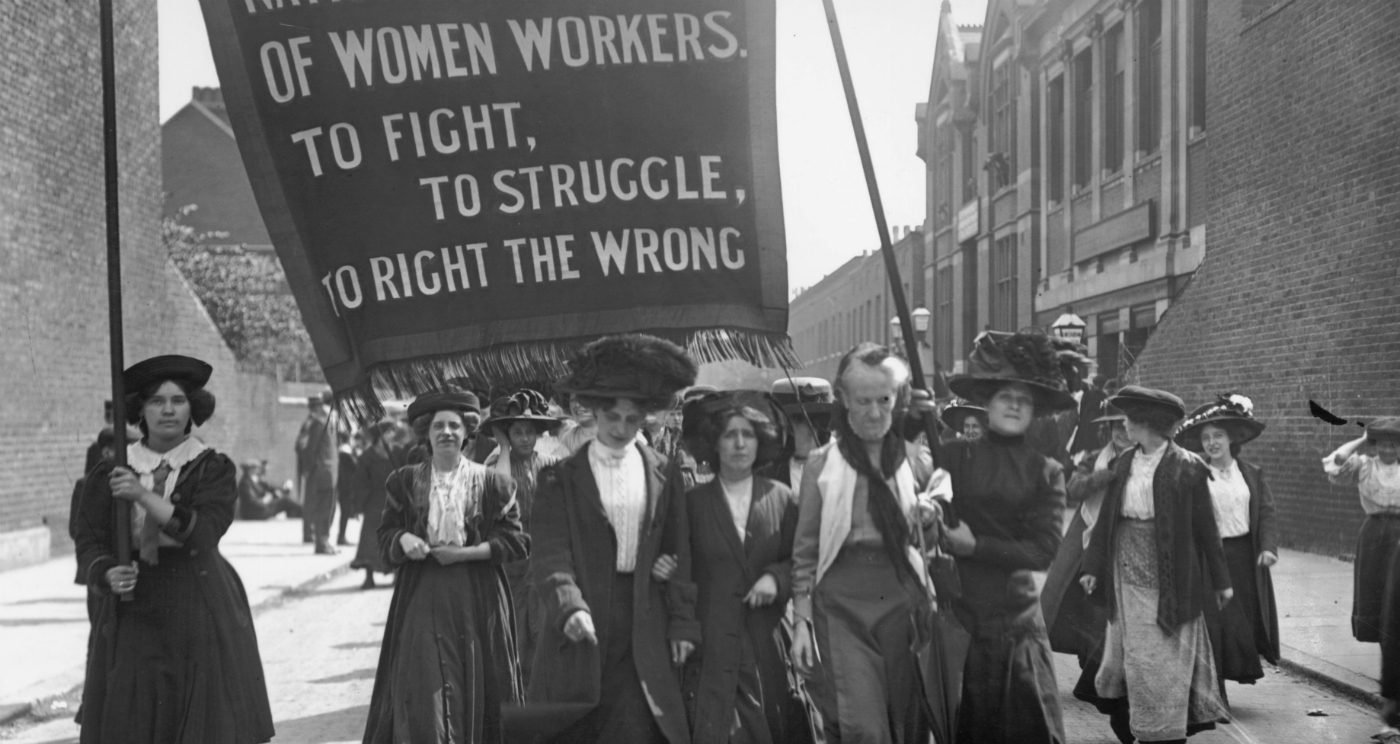British suffragettes: early UK ‘terrorists’?
In Depth: centenary of law that first gave women the right to vote reawakens debate

A free daily email with the biggest news stories of the day – and the best features from TheWeek.com
You are now subscribed
Your newsletter sign-up was successful
The UK today commemorates the 100th anniversary of the Representation of the People Act, a law that gave all men and some women aged over 30 the right to vote for the first time - paving the way for universal suffrage a decade later.
But along with the celebrations, the anniversary has reawoken a debate about whether extreme suffragettes were an early form of terrorists. Between 1912 and 1914, a militant wing of the British suffragette movement, the Women’s Social and Political Union (WSPU), carried out a campaign of militant action.
“Led by Emmeline Pankhurst, they avoided harming people but committed various crimes to draw attention to their demands and put pressure on the government,” says The Conversation’s Janna Thompson, a professor of philosophy at La Trobe University, in Melbourne, Australia.
The Week
Escape your echo chamber. Get the facts behind the news, plus analysis from multiple perspectives.

Sign up for The Week's Free Newsletters
From our morning news briefing to a weekly Good News Newsletter, get the best of The Week delivered directly to your inbox.
From our morning news briefing to a weekly Good News Newsletter, get the best of The Week delivered directly to your inbox.
In the years leading up to the First World War, “suffragettes conducted a ferocious and prolonged bombing campaign across the whole of the UK; planting improvised explosive devices (or IEDs) in places as varied as Westminster Abbey, St Paul’s Cathedral, the Bank of England, the National Gallery, railway stations and many other locations”, historian Simon Webb writes in an article for Sky News.
Nevertheless, suffragette defenders argue that “terrorism” is far too strong a word considering the context.
“If you look at any major social change, within it somewhere has been a degree of militancy… You’ve got to throw yourself back to the turn of the century when the whole social order was very different,” Labour peer Baroness Brenda Dean told the BBC. “These were pretty desperate measures by people in a desperate situation.”
Throughout the women’s suffrage campaign, Pankhurst emphasised that human life should not be endangered, her supporters say.
A free daily email with the biggest news stories of the day – and the best features from TheWeek.com
Far from being terrorists, then, “the suffragettes played a critical part in the passing of the 1918 Representation of the People Act”, June Purvis, emeritus professor of women’s history at the University of Portsmouth, told Sky News. “Their contribution to the making of our modern democracy must not be written out of history.”